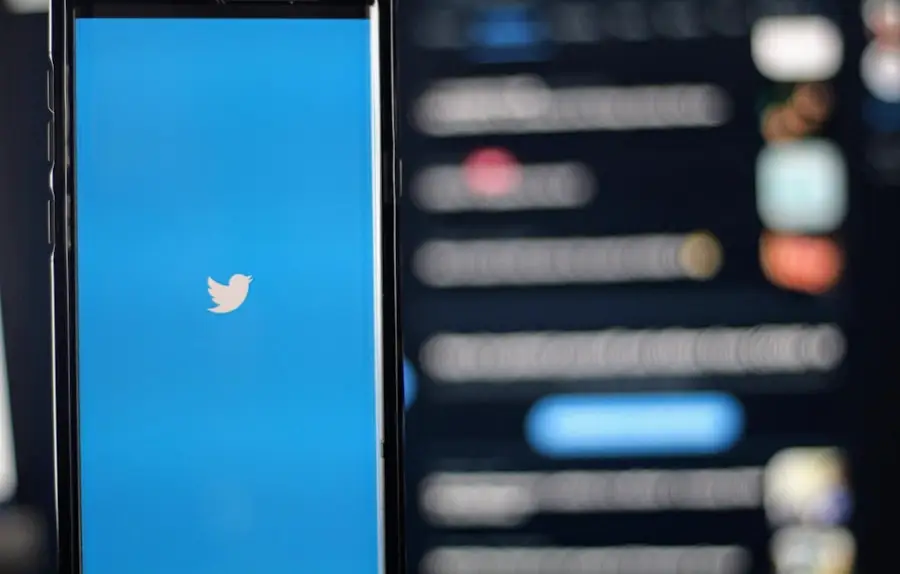Social media has become an integral part of our daily lives, revolutionizing the way we communicate, share information, and connect with others. With the rise of platforms such as Facebook, Twitter, Instagram, and TikTok, people from all walks of life have been given a voice and a platform to express themselves. The impact of social media on society has been profound, shaping the way we consume news, form opinions, and engage in political discourse. While social media has the potential to promote liberty and freedom, it also comes with its own set of challenges and risks that must be carefully navigated.
The Role of Social Media in Promoting Liberty and Freedom
The Role of Social Media in Promoting Liberty and Freedom
Social media has played a crucial role in promoting liberty and freedom around the world. It has provided a platform for marginalized voices to be heard, enabling individuals to organize and mobilize for social and political change. In countries with oppressive regimes, social media has been used as a tool for resistance, allowing citizens to document human rights abuses and share their stories with the world. The ability to connect with like-minded individuals and access information has empowered people to challenge authority and demand accountability from their governments. Social media has also been instrumental in raising awareness about important social issues, such as gender equality, racial justice, and LGBTQ rights, leading to meaningful change in policies and attitudes.
Case Studies of Social Media’s Influence on Political Movements
Case Studies of Social Media’s Influence on Political Movements
The impact of social media on political movements can be seen in numerous case studies around the world. The Arab Spring, for example, was a series of pro-democracy uprisings that spread across the Middle East and North Africa in 2010-2011, largely organized and fueled by social media. Platforms like Facebook and Twitter were used to coordinate protests, share information, and mobilize supporters, leading to the overthrow of several authoritarian regimes. In the United States, social media has played a significant role in shaping political discourse and mobilizing voters. The Black Lives Matter movement, for instance, gained widespread attention and support through social media, sparking conversations about racial injustice and police brutality. These examples demonstrate the power of social media in driving political change and advancing liberty and freedom.
The Challenges and Risks of Using Social Media for Promoting Liberty and Freedom
The Challenges and Risks of Using Social Media for Promoting Liberty and Freedom
While social media has the potential to promote liberty and freedom, it also presents a number of challenges and risks. The spread of misinformation and fake news on social media has the potential to undermine democratic processes and manipulate public opinion. The rise of echo chambers and filter bubbles has led to increased polarization and division within society, making it difficult to have meaningful conversations across ideological lines. Furthermore, social media platforms have been criticized for their role in amplifying hate speech, harassment, and online abuse, creating a hostile environment for marginalized communities. Governments and authoritarian regimes have also used social media as a tool for surveillance and censorship, posing a threat to freedom of expression and privacy.
Strategies for Leveraging Social Media to Advance Liberty and Freedom
Strategies for Leveraging Social Media to Advance Liberty and Freedom
Despite the challenges and risks associated with social media, there are strategies that can be employed to leverage its potential for advancing liberty and freedom. First and foremost, it is essential to promote digital literacy and critical thinking skills to help users discern credible information from misinformation. Social media platforms can also implement stronger measures to combat hate speech and online abuse, creating a safer environment for users to express themselves. Additionally, civil society organizations and activists can harness the power of social media to raise awareness about human rights issues, mobilize support for political causes, and hold governments accountable for their actions. By working together with tech companies, policymakers, and grassroots movements, it is possible to create a more inclusive and democratic online space that promotes liberty and freedom.
The Future of Social Media and its Potential for Promoting Liberty and Freedom
The Future of Social Media and its Potential for Promoting Liberty and Freedom
As technology continues to evolve, the future of social media holds great potential for promoting liberty and freedom. Emerging platforms such as Clubhouse and Signal are providing new avenues for free expression and secure communication, offering alternatives to mainstream social media giants. The development of blockchain technology also presents opportunities for decentralized social networks that prioritize user privacy and data ownership. Furthermore, advancements in artificial intelligence and machine learning can be harnessed to combat misinformation and promote healthy online discourse. By embracing these innovations and advocating for ethical design principles, social media can become a powerful force for positive change in the world.
Conclusion: Harnessing the Power of Social Media for Positive Change
Harnessing the Power of Social Media for Positive Change
In conclusion, social media has had a profound impact on society, shaping the way we communicate, organize, and advocate for change. While it presents challenges and risks, it also holds great potential for promoting liberty and freedom around the world. By leveraging social media as a tool for raising awareness, mobilizing support, and holding power to account, we can work towards creating a more just and equitable society. It is essential for individuals, organizations, and governments to collaborate in addressing the negative aspects of social media while harnessing its power for positive change. With careful navigation and strategic action, social media can be a force for advancing liberty and freedom in the digital age.


